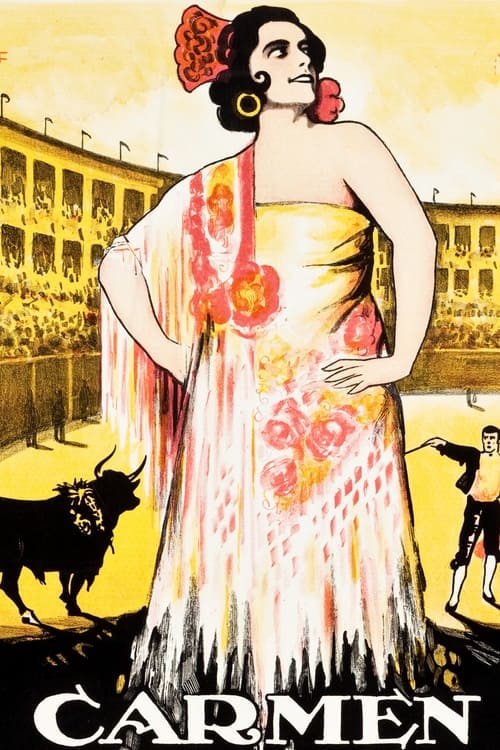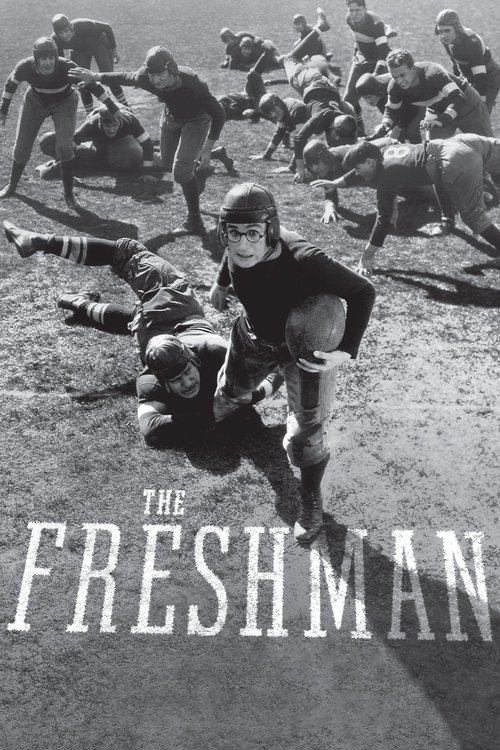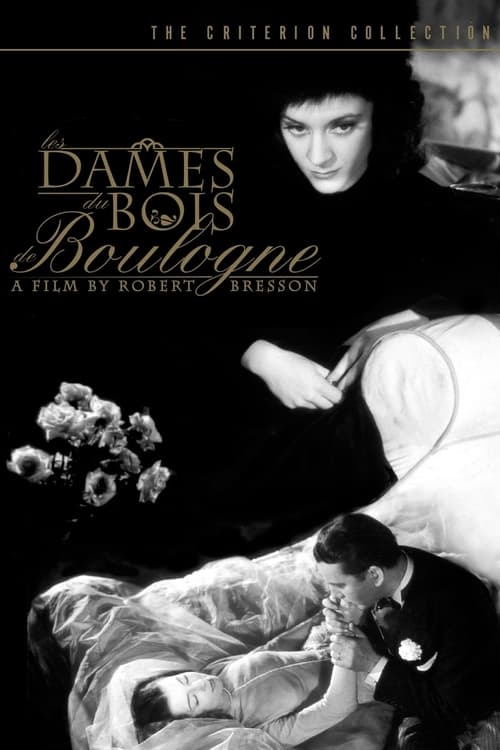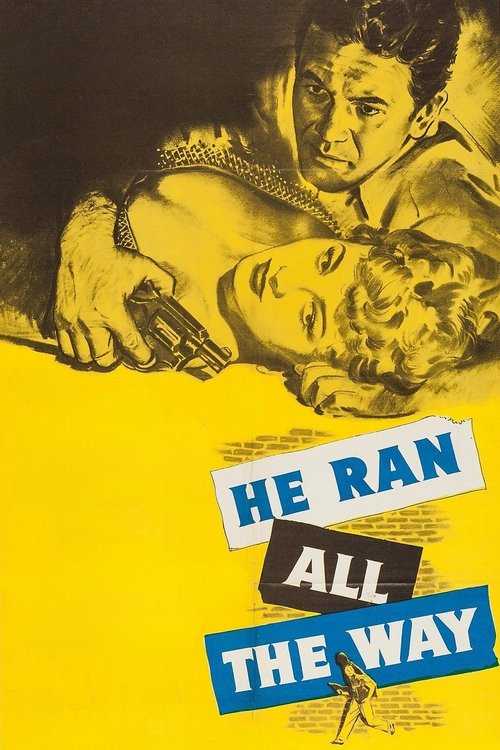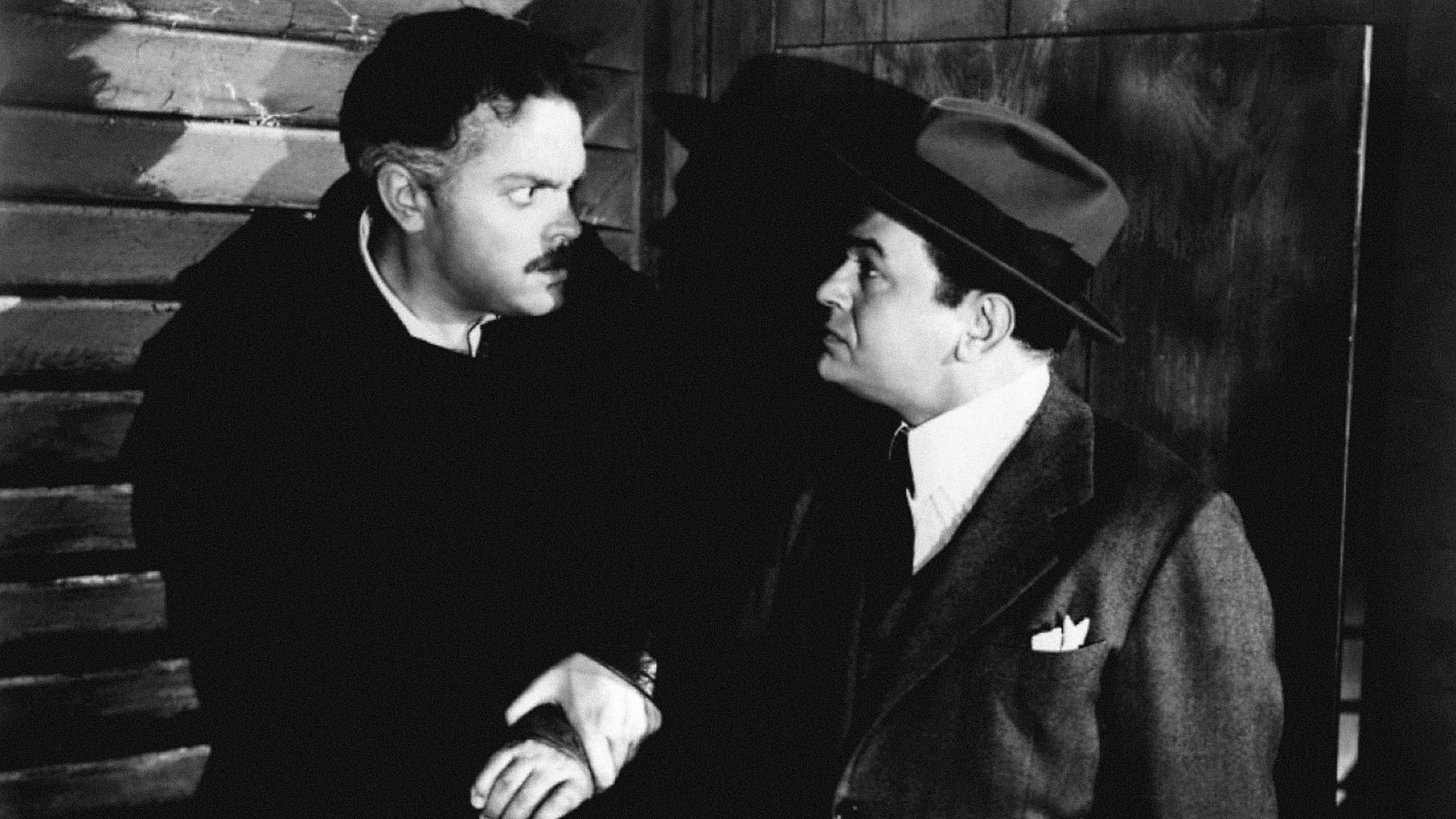
1946
The Stranger
Thriller, Crime
8.0
User Score
625 Votes
Status
Released
Language
en
Budget
$1.034.000
Production
International Pictures, The Haig Corporation, RKO Radio Pictures
Overview
An investigator from the War Crimes Commission travels to Connecticut to find an infamous Nazi, who may be hiding out in a small town in the guise of a distinguished professor engaged to the Supreme Court Justice’s daughter.
Review
TheCakerBaker
8.0
Excellent cinematography and camerawork as can be expected from Welles. Entertaining throughout. Watch if you're a fan of film noir
Read More 
John Chard
9.0
They searched the woods. I watched them, here, like God looking at little ants.
We are in the college town of Harper, Connecticut, one day a man known only as Wilson arrives, he's a member of the War Crimes Commission, in short he's a Nazi Hunter. On his radar is the man thought to have invented the Nazi Death Camps, Franz Kindler, surely such a despicable and low human being is not residing in this lovely little place?
The Stranger finds director (and star) Orson Welles fusing two rather interesting facts, fact one is that this picture, coming at a time when Welles was really struggling as a viable artist, is one of his most conventional pictures, fact two is that it's also one of his finest achievements. All Welles' traits are here, the expert use of shadows and lights, tricksy camera angles, buildings carrying auras. A clock tower at the centre of the piece is a foreboding character all by itself, listen out for the clock tower dongs and I swear to you they sound like a death knell beckoning us in to its belly, this is Welles crafting wonderful atmospherics to enhance the mood in this small and picturesque town.
Yet it's probably with his acting performance that he achieves the best rewards, it's made clear to the viewers from the off that Welles is the villain of the piece, it's not in question, the issue is if he can avoid and escape the clutches of Edward G Robinson's determined Wilson?. Here Welles excels because this is no cartoon cut out Nazi portrayal, this is cold and calculating stuff, cynical with devilment seeping from his pores, he arrogantly believes that he is just and correct at every turn. Loretta Young (Mary Longstreet) plays off of Welles very well, on the surface it looked like she wasn't being asked to be anything more than a foolish love interest, but as the last quarter arrives she gets some meat to chew on and aided by Robinson in perfectly restrained form, gives us a finale that in true Welles tradition is as memorable as it is unfeasibly gorgeous.
It's a fitting end to a truly great picture, highly recommended viewing, tight, tense and terrific. 9/10
Read More 
